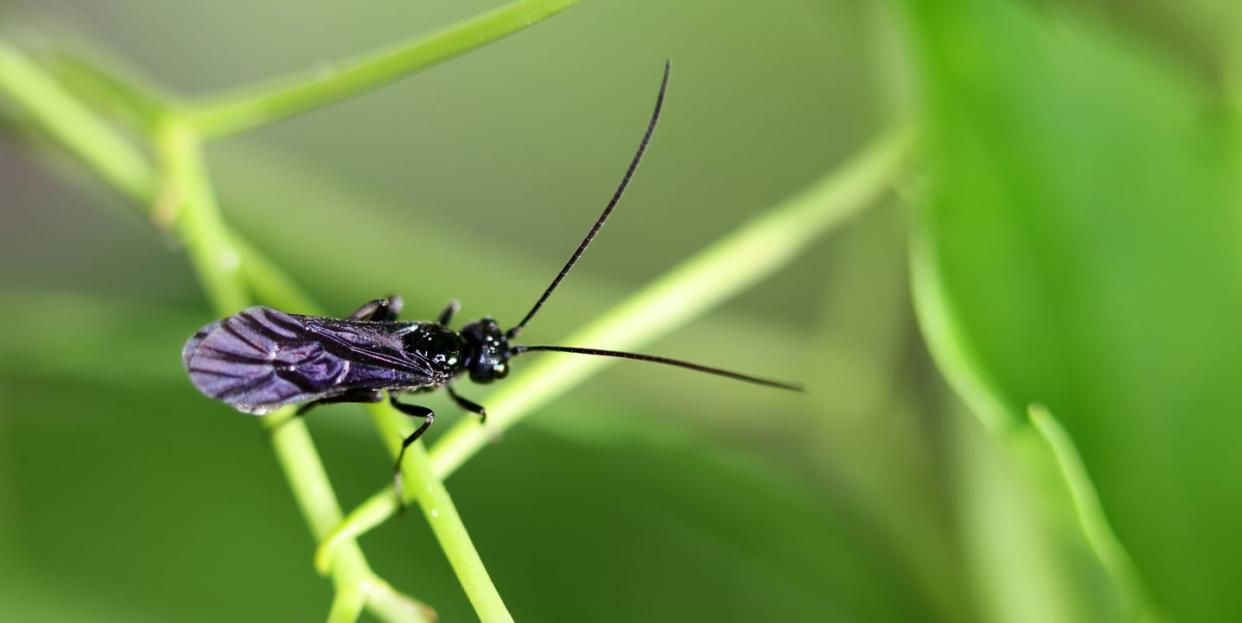CDC Confirms Deadly ‘Kissing Bugs’ Have Arrived in The Northeast For The First Time

Blood-sucking insects known as "kissing bugs" have reportedly been found for the first time ever in Delaware, the Center For Disease Control reports-they're normally a bug found in more southern states. In July 2018, a case was reported when a family discovered that their young daughter had been bitten by one of these bugs on her face.
"The parents were concerned about possible disease transmission from the insect," the CDC report reads. "Upon investigation, DPH learned that the family resided in an older single-family home near a heavily wooded area. A window air conditioning unit was located in the bedroom where the bite occurred."
Kissing bugs get their nickname because the insect usually bites humans around their mouth. The bug's scientific name is the triatomine bug, and they can potentially carry a parasite called Trypanosoma cruzi in their gut that causes Chagas' disease. But, you won't get Chagas' disease just from the kissing bug's bite-the illness is actually transferred through their fecal matter.
"If the kissing bug bites you and it has a blood meal and then it defecates and then you scratch that area and rub it into the wound or rub your eyes, you could become infected," Paula Stigler-Granados, PhD, assistant professor at Texas State University's School of Health Administration, told Health.
Chagas' disease can cause flu-like symptoms, but can potentially have serious cardiac and gastrointestinal complications. Keeping that in mind, your chances of getting the disease are actually slim. "Only a few cases of Chagas disease from contact with the bugs have been documented in this country," the CDC report states. As far as the report from Delaware, here's no evidence of the presence of the parasite.
Kissing bugs are slightly smaller than an inch, are flat, and are normally black and orange colored.
To keep kissing bugs away from your home, the CDC has a few tips for anxious bug-o-phobes. You should be locating your outdoor lights away from your homes and turning them off when not in use. Also, remove things like trash, wood, and rock piles from around the home and clear out any nests that belong to birds and other animals. Close all cracks and gaps in your home where bugs can enter, and have your pets sleep indoors at night in case they bring in the kissing bugs in their fur.
The Bug Squad recommends using a synthetic pyrethroid spray to kill these pests in your home.
Follow House Beautiful on Instagram.
('You Might Also Like',)

